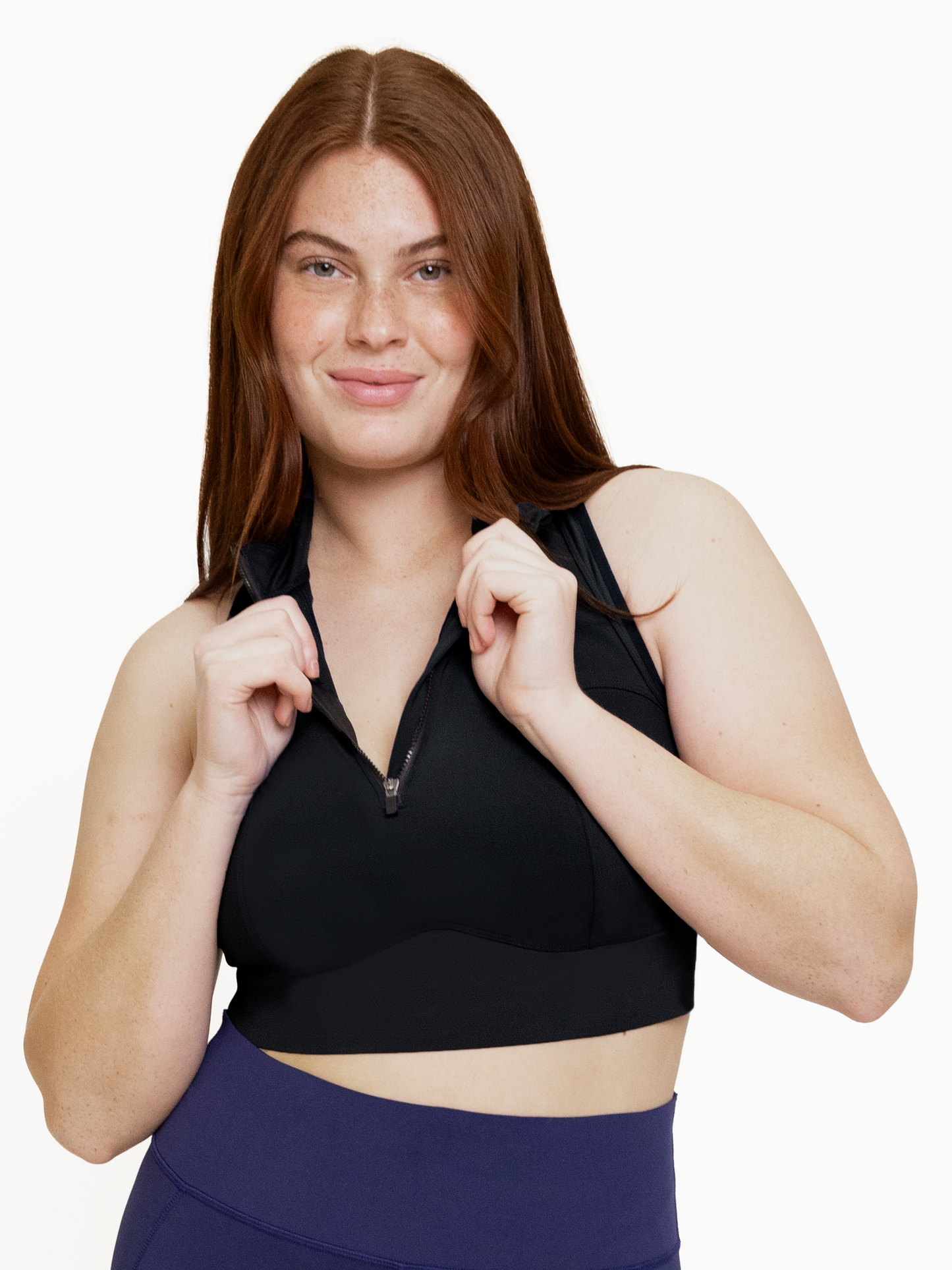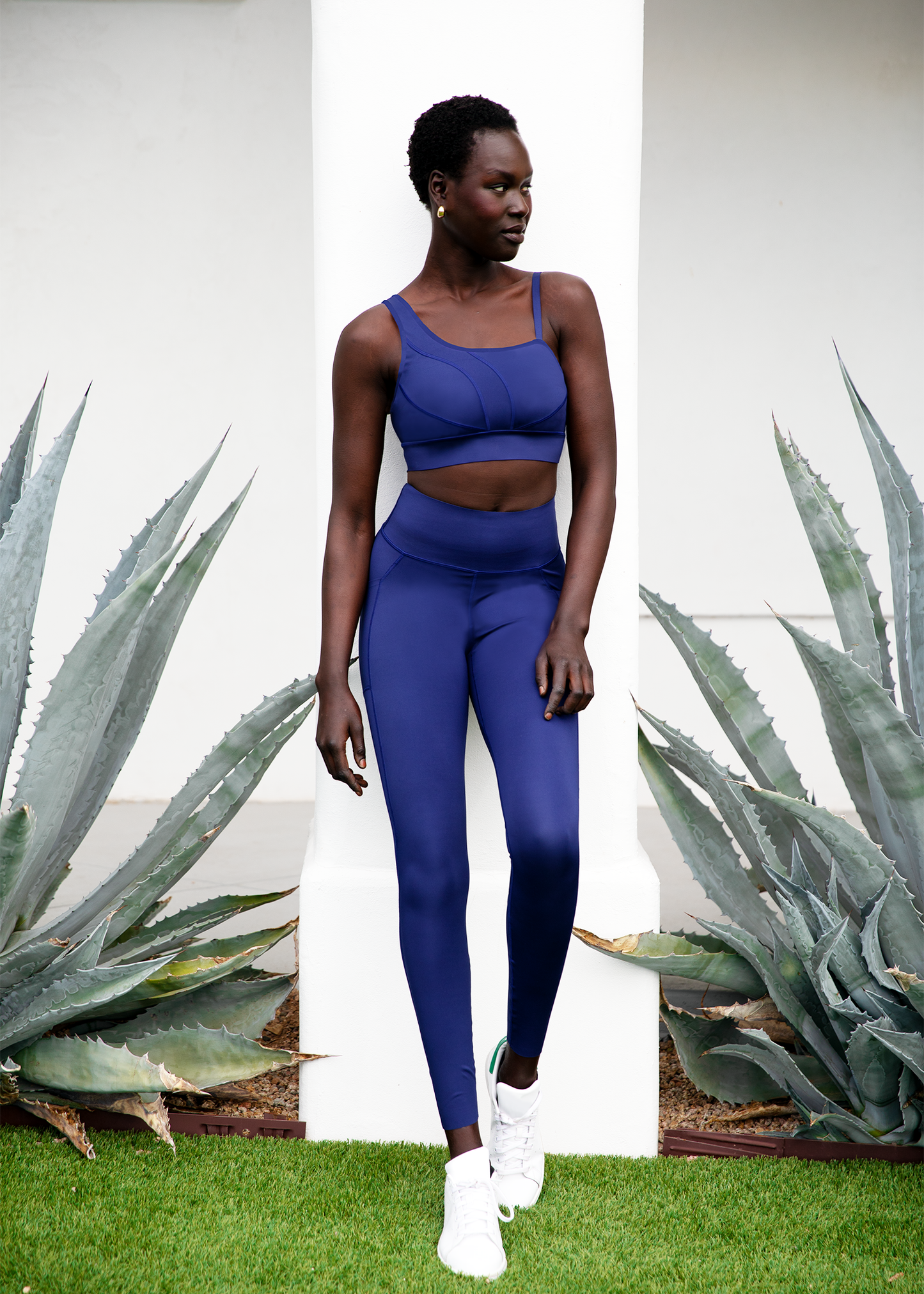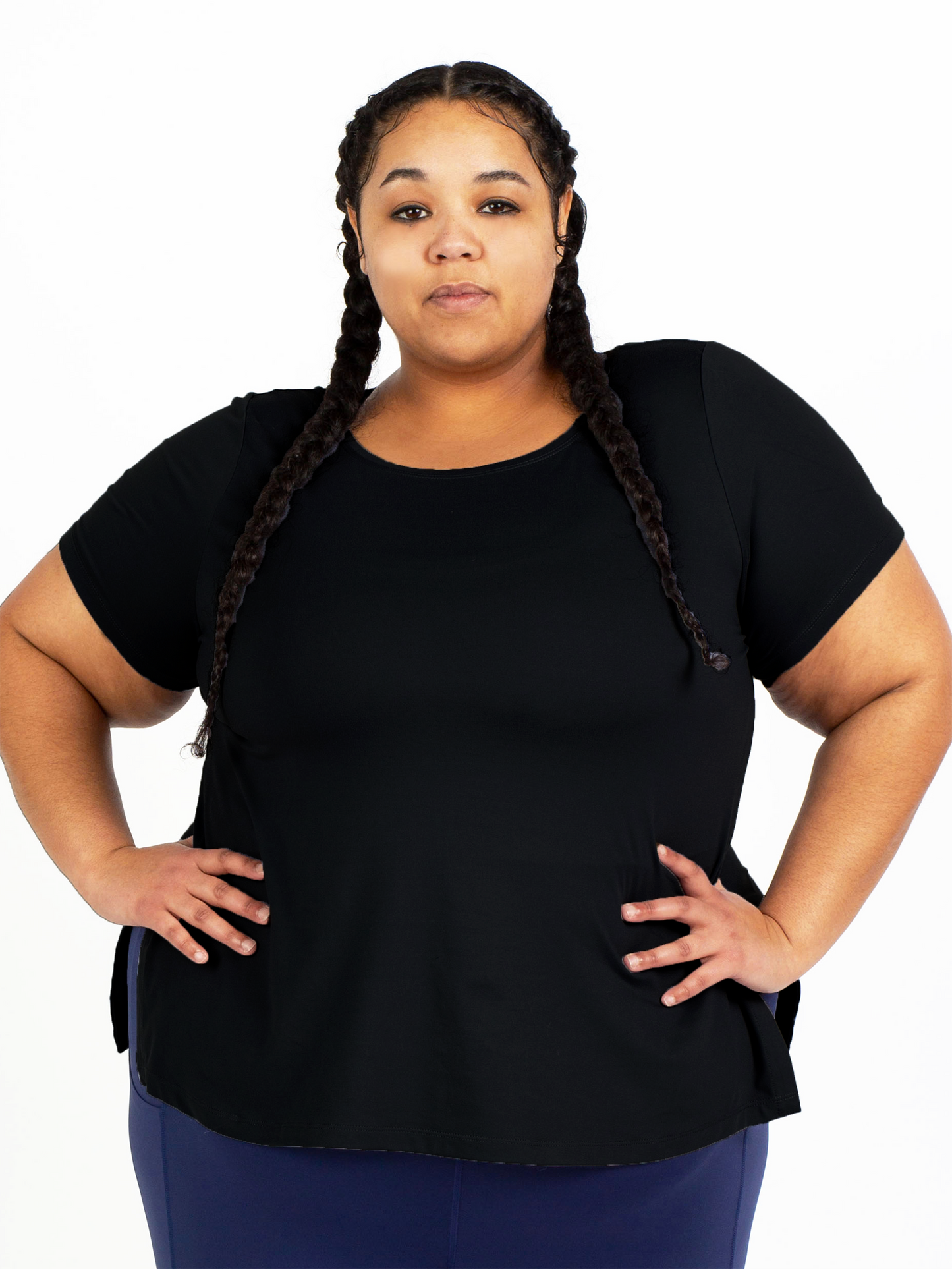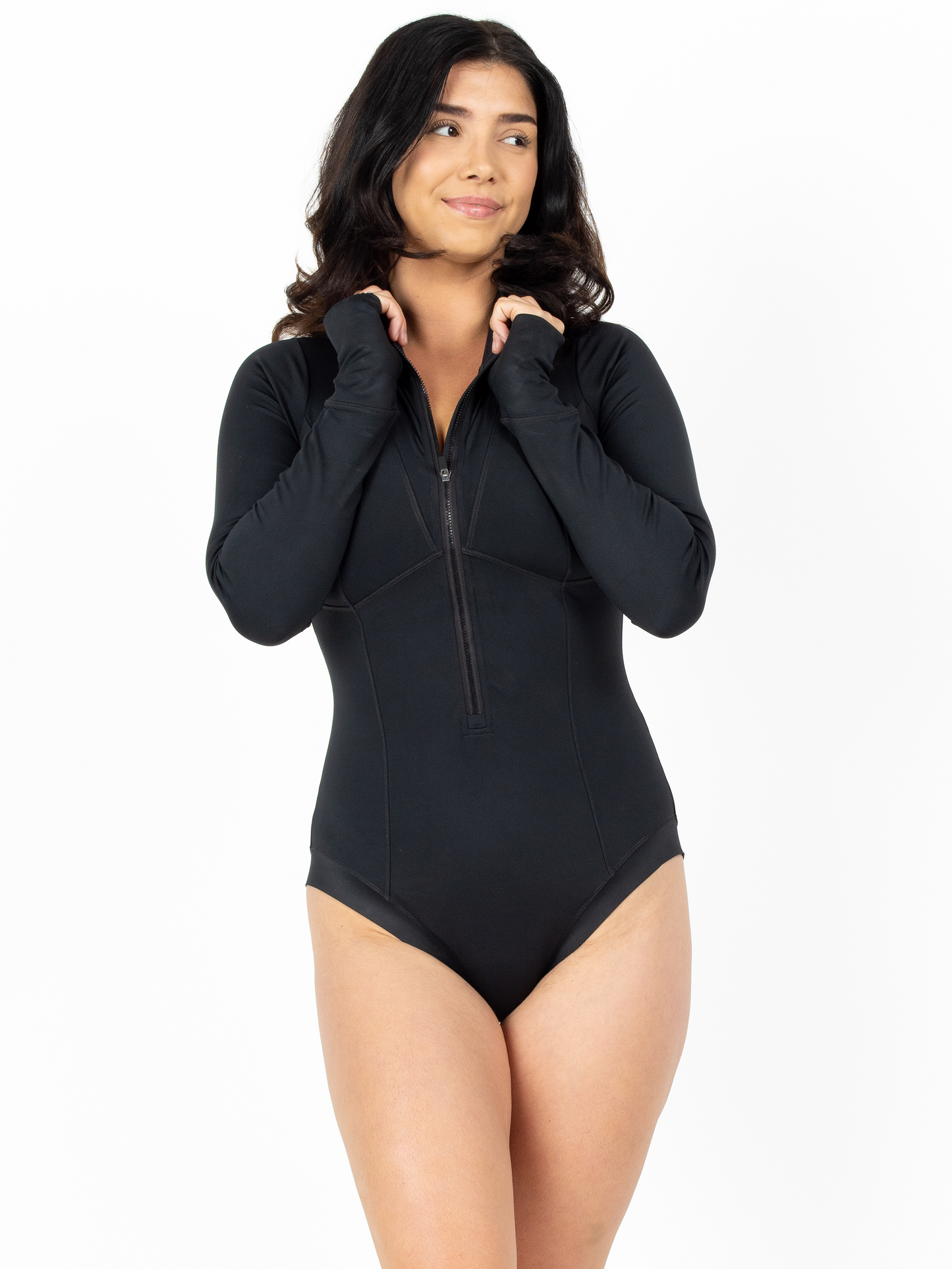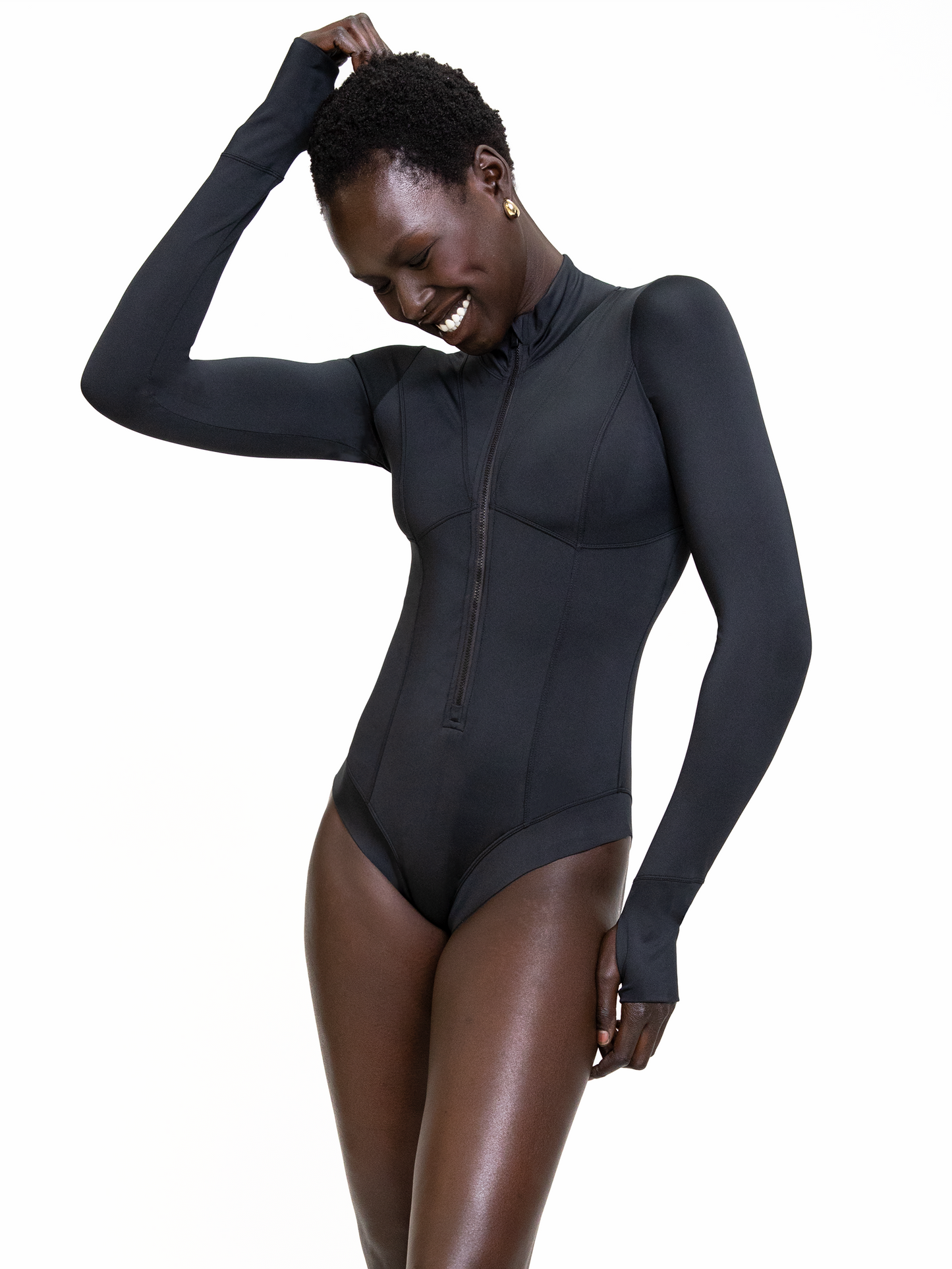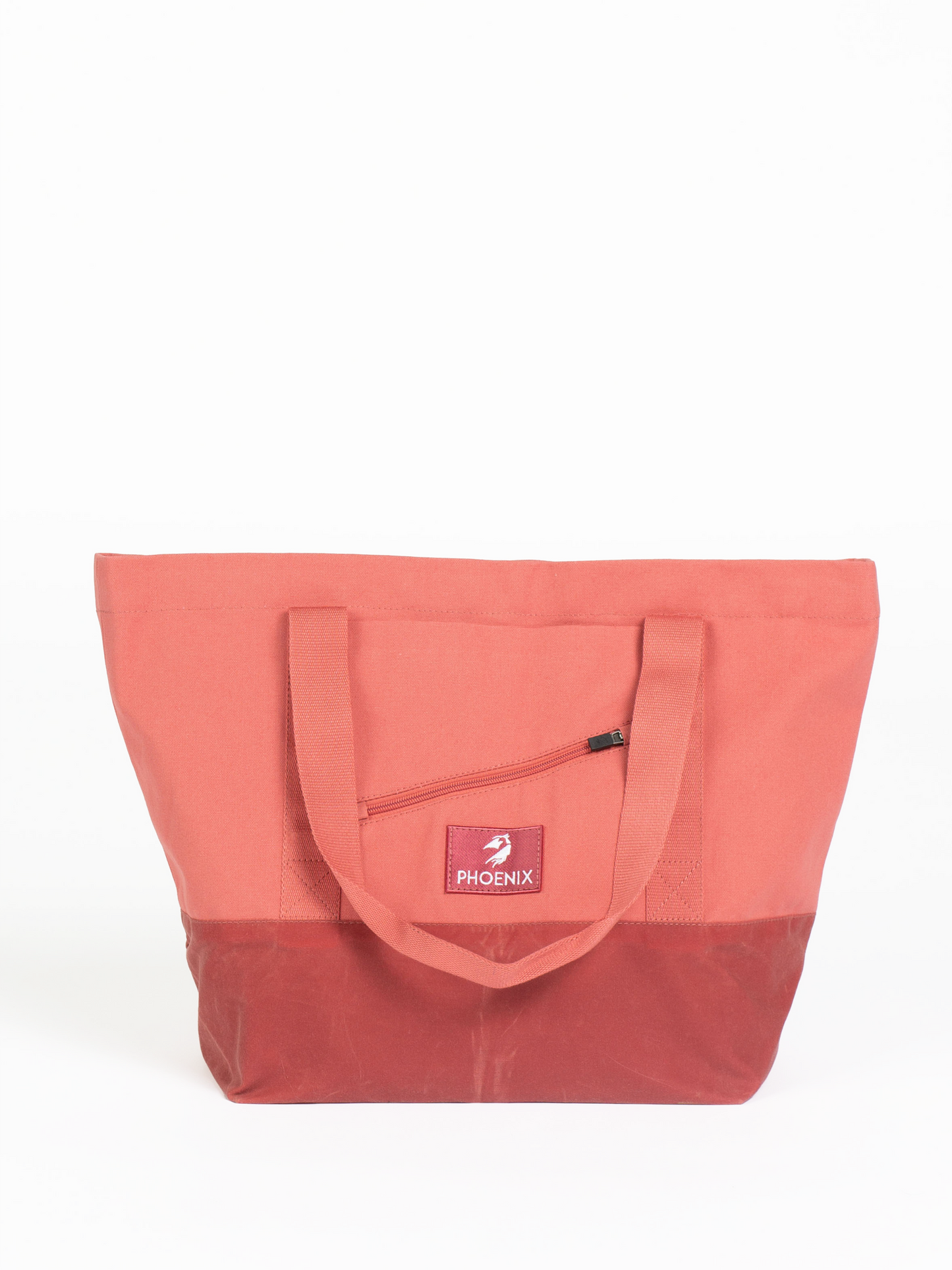
Starting a fashion line can be a thrilling and imaginative pursuit, but it also comes with significant complexities and challenges, especially when it comes to product development. Below are some key factors to bear in mind.
DESIGN
- Concept Development: The first step is to come up with a unique and cohesive fashion concept that sets your brand apart from others. This involves creating a brand identity, defining your target audience, and developing a clear design aesthetic.
- Sketching and Prototyping: You'll need to create sketches and/or prototypes of your designs to bring your vision to life. This requires artistic skills or hiring a designer to help you.

MATERIALS
- Fabrics and Materials: Choosing the right fabrics and materials is crucial. The quality, cost, and availability of these materials can impact the overall product cost and the final look and feel of your garments.
- Sourcing: Finding reliable suppliers who can provide the materials you need at a competitive price can be challenging. It may involve negotiations, lead time considerations, and quality control
SAMPLE MAKING
- Pattern Making: Patterns are the templates used to cut and sew the fabric into garments. Creating accurate and well-fitted patterns is a specialized skill.
- Sampling: Prototyping your designs through sample production is essential for testing the fit, functionality, and overall design. Multiple iterations may be necessary to perfect your designs.
COST CONSIDERATIONS
- Initial Investment: Starting a fashion line often requires a substantial initial investment for design, materials, equipment, and more.
- Overheads: Ongoing costs include rent for workspace, labor, marketing, and administrative expenses.
- Marketing and Distribution: Promoting your brand and reaching your target audience is a critical but costly part of the process.
INTELLECTUAL PROPERTY
- Trademarks and Copyrights: You'll need to protect your brand and designs by registering trademarks and copyrights, which can be expensive.
-
Counterfeiting: The fashion industry is prone to counterfeit products, which can harm your brand and require legal action to combat.

COMPETITION
The fashion industry is highly competitive, and standing out requires a unique value proposition, effective branding, and marketing efforts.
SUSTAINABILITY AND ETHICAL PRACTICES
In recent years, there's been a growing emphasis on sustainable and ethical practices in fashion. This can add complexity and costs to your supply chain.
Starting a fashion line is a complex and costly endeavor that requires careful planning, a sound business strategy, and financial resources. The multifaceted nature of the industry demands preparation for the challenges and uncertainties that come with both the creative and business aspects. However, with unwavering dedication and a well-executed plan, it's possible to bring your fashion line to life and achieve success in this dynamic industry.
